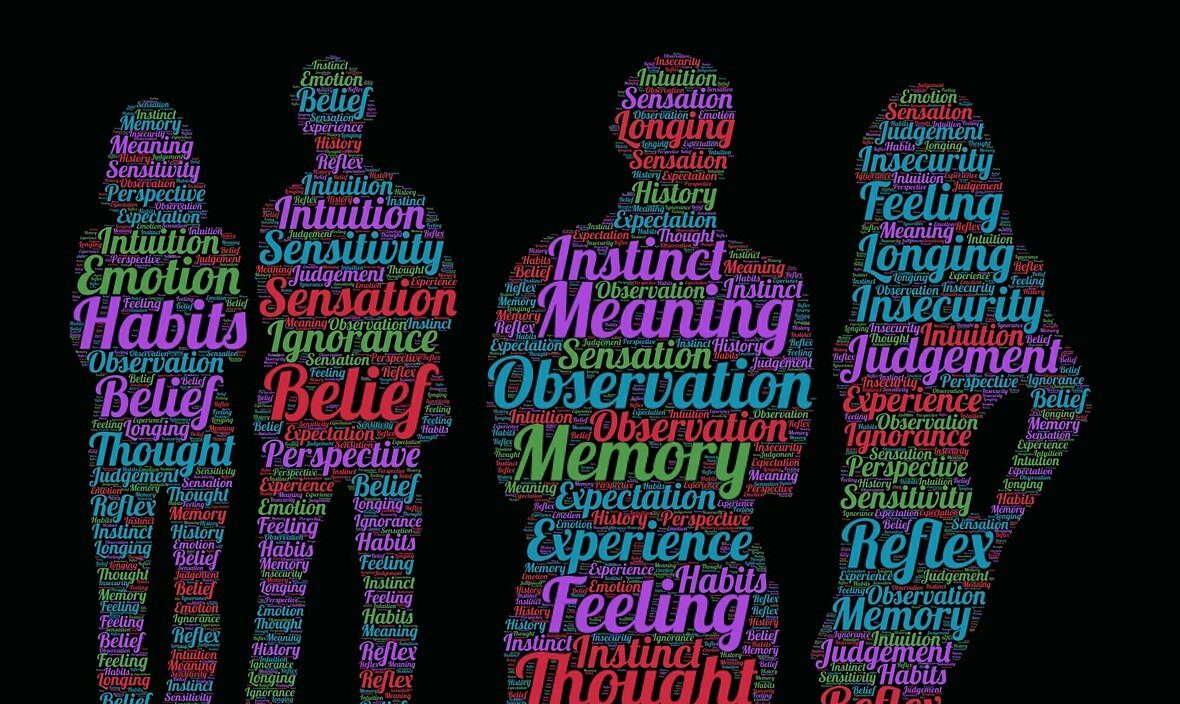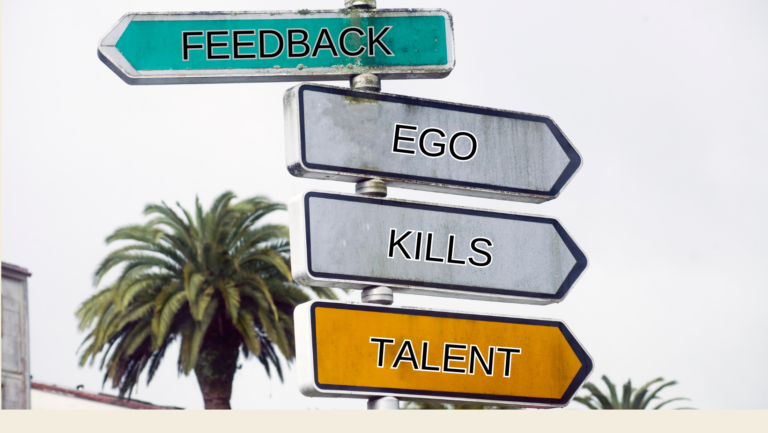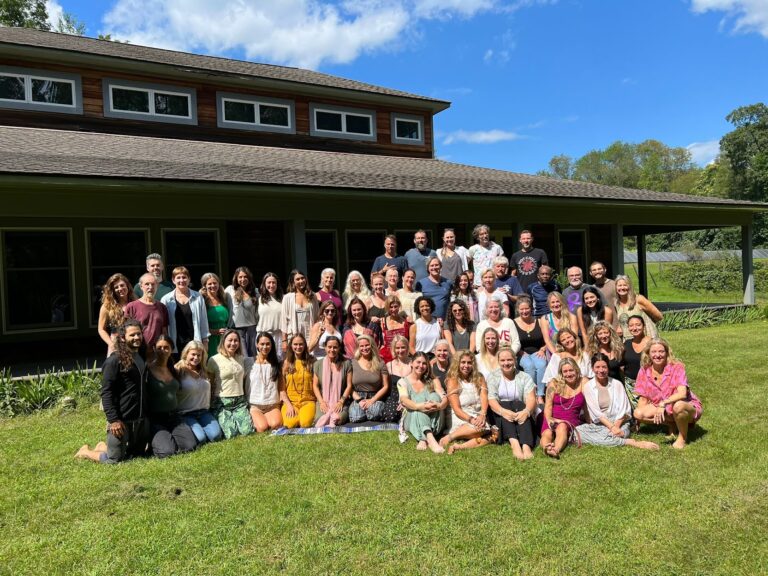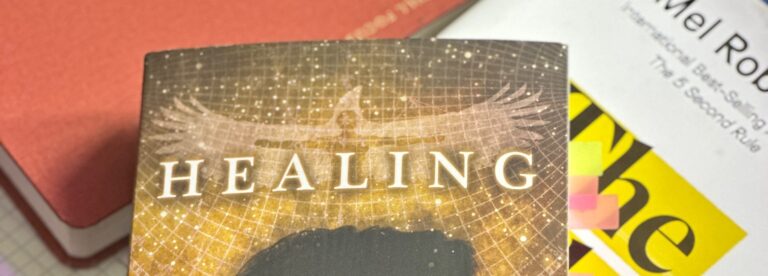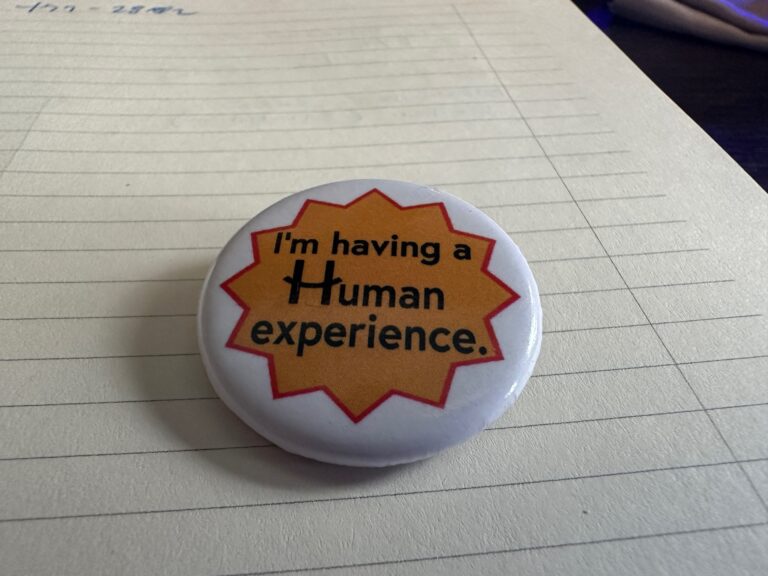Who is RIM for?
As I continue to talk about RIM with folks, one of the things that come up in conversation is “who is RIM for?” The easy answer from me is – it’s for all of us. If you’re human, it’s for you. Why do I say that?
As humans, we are (largely) feeling creatures, and while many of us struggle with how to handle our emotions, they serve an important purpose. They provide us feedback and (ideally) pass through us organically like water flows in a river. In her book “Goodbye Hurt and Pain,” Dr. Deb Sandella points out that “in the same way water moves through the atmosphere, in and out of oceans, over and under land, human feelings continuously precipitate, go underground, rise to the surface, and evaporate through our awareness. Trying to control our feelings through resistance and avoidance is like damming a river to stop the flow. An emotional dam pools feelings. This reservoir of avoided emotion remains in the body until we release it. In other words, the feelings we tried to avoid get held inside us instead.”
A vast majority of us hold emotional experiences in our bodies. These held emotions can influence our behaviors. They can impact how we interact with the world. As a somewhat humorous (and yet serious) example, many of my friends and family know I have a lifelong dislike of geese. Specifically Canadian geese. While this has been a source of amusement for many as they watch me chase them off my property, there is a real basis for my relationship with “the devil’s waterfoul.” When I was four years old, my life was in deep chaos. My parents were divorcing. I spent some weekends at my mom’s residence and her boyfriend had a pet Canadian goose. For those who don’t know, geese can be pretty hostile and aggressive. And when you’re four years old, a goose is bigger than you are and (from my young perspective) terrifying. The thing tormented me. 48 years later, during a RIM session, I finally was able to let go of that emotional experience. Now don’t get me wrong, I still don’t need geese on my property, but I’d say that my feelings toward them are different.
These stuck emotions can also influence our habits. For many of us, myself included, “stress eating” is a thing. While the habit of stress eating feels like it is in response to a current stressor, it often begins with an earlier experience, one that we have locked behind our emotional dam. And it keeps coming up because our subconscious is awesome and it really wants us to heal. I’ve been seeing the concept of “Shadow Work” percolating in alternative healing circles lately. Shadow work is about working with your unconscious mind to uncover the parts of yourself that you repress and hide from yourself. This can include trauma or parts of your personality that you subconsciously consider undesirable. RIM is a really powerful tool that can help get at the things that Shadow Work intends, but often more quickly and more effectively.
Finally, our dammed-up emotions can also affect our physical health. As an example, Jenn has had some issues with her ability to tightly grip with her left hand. As a farmer, that’s been a growing problem. During a particularly intense RIM session during our Essentials Training she uncovered and released some stuck emotions relating to family. Within a day, her grip had vastly improved – now she can almost close the hand! It sounds crazy, I know, but there has been a significant amount of research on how our emotions can impact our bodies.
In short, if you’re human, RIM can help you live a happier, healthier life. Jenn and I would be honored to be part of your healing journey. To sign up for a session, go to our Book a Session page.


